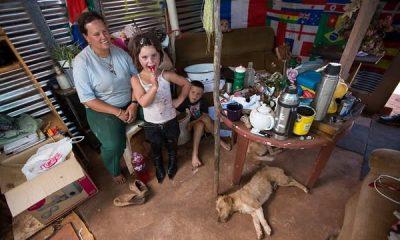education
Education Expert Cautions Against ‘Unintended Consequences’ of Mother-Tongue Bilingual Education

Education activist Hendrick Makaneta has warned that while mother-tongue-based bilingual education is very progressive, it may have unintended consequences in some provinces, particularly in areas like Gauteng. According to Jacaranda FM., next year, South African schools will incrementally offer mother-tongue-based bilingual education from Grade 4, which has sparked much debate.
“There are things we have to confront as the country if we want to build on our development 30 years down the line. Language in education is a big issue. Language policies will be key that we teach our kids in a language they understand,” said Motshekga during a meeting on Tuesday on Mother Tongue-Based Bilingual Education in Bloemfontein.
Makaneta expressed concerns that this policy might not yield the desired results in diverse provinces such as Gauteng, where it could potentially exclude some pupils. “In a classroom where learners speak eight different mother tongues, explaining a concept in just two languages may defeat the noble intention of making education accessible to all,” Makaneta said. He highlighted that such multilingual classrooms are common in Gauteng, especially in former Model-C schools and many private schools, making implementing mother tongue-based bilingual education impractical.
Also read: NCOP Advances Major Basic Education Reforms with Passage of BELA Bill
Given its diverse cultural population, Makaneta believes Gauteng should be treated as a special case. “In order to enforce mother tongue-bilingual education in this case, the school may have to create eight classes for Mathematics, something that is not feasible, especially in a country where we still experience overcrowding in schools,” he pointed out. Additionally, he noted that learners in areas like Tshwane, where Sepitori (Pitori taal) is commonly spoken, might benefit more from being taught in both English and Sepitori rather than in their various mother tongues.
However, Makaneta acknowledged that the introduction of mother-tongue-based bilingual education could proceed smoothly in provinces like KwaZulu-Natal, Limpopo, and Eastern Cape, where most learners still speak their mother tongue. This localised approach might allow for a more effective and inclusive educational experience in these regions.
Also read:
Follow us on Google News.






















